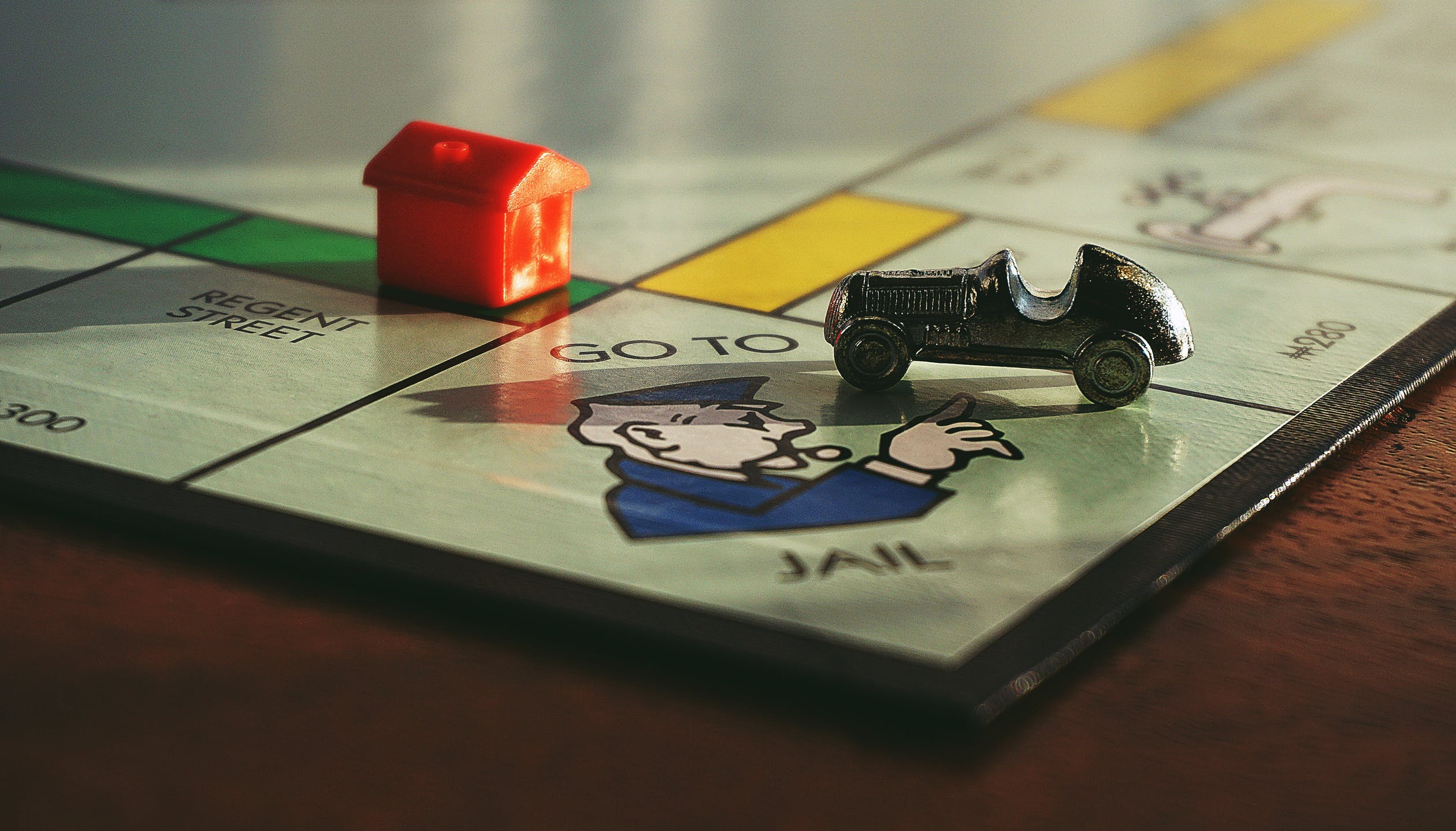Having someone close to you put in jail is a terrible experience. If you have a friend or loved one in jail, you may be in need of a bail bond to get them out. This introduction to bail, bonds, and bondsmen should help you to get through this difficult time. A bail bond may be your key to being reunited.
How bail works
Bail is like a contract. By agreeing to bail, a defendant promises that they will cooperate with the criminal justice system or face a financial penalty.
When someone is arrested and charged with a crime, a court will hold a bail hearing. A judge will consider the charges and decide if the defendant can be released while awaiting trial.
The judge will typically consider the severity of the charges and the defendant’s criminal history. Defendants with no record facing misdemeanor charges are likelier to get granted bail.
A defendant must promise the judge that they will show up to court hearings. A judge may agree to release them on the condition that a certain amount of money gets held as a guarantee that the defendant will not disappear.
Bail bonds and bondsmen
A bail bond is like an IOU. A bail bondsman is like a middle man between a defendant and the court.
If a judge sets bail at $25,000, a defendant and their loved ones typically will not need to find the full amount to satisfy the terms.
Instead, they can pay a portion of the total – typically 10% – to a bail bond agent. The bondsman will then guarantee the remaining amount to the court.
This means that the family of a defendant facing $25,000 bail can pay $2,500 to a bail bond agent in cash to get their loved one out of jail.
They will also need to guarantee to the bondsman that they will find the money to pay the remainder if the defendant disappears. This may mean pledging a house or another asset as collateral.
The bigger the collateral, the more incentive for a defendant to comply with the system and be present for court hearings. A bondsman may also sue the defendant’s guarantor to get back their money.
Advice on bail bonds
To secure a bail bond, you will need to find the cash to cover the bond’s cost. For a defendant facing $25,000 bail, this may be 10% or $2,500.
If cash is hard to come by, some people find success crowdfunding online or by borrowing from other friends and relatives. Some bail bondsmen allow people to come up with a payment plan.
To secure the bond, you will also need to have an asset used as collateral. For many people, this will be a home. Pledging a property in this way carries risk and should be done only after careful consideration.
Next, find an attorney
While a bail bond may be a short-term solution, finding a good lawyer is also incredibly important. The criminal justice system is complicated. An attorney will be able to protect you and your loved one.

